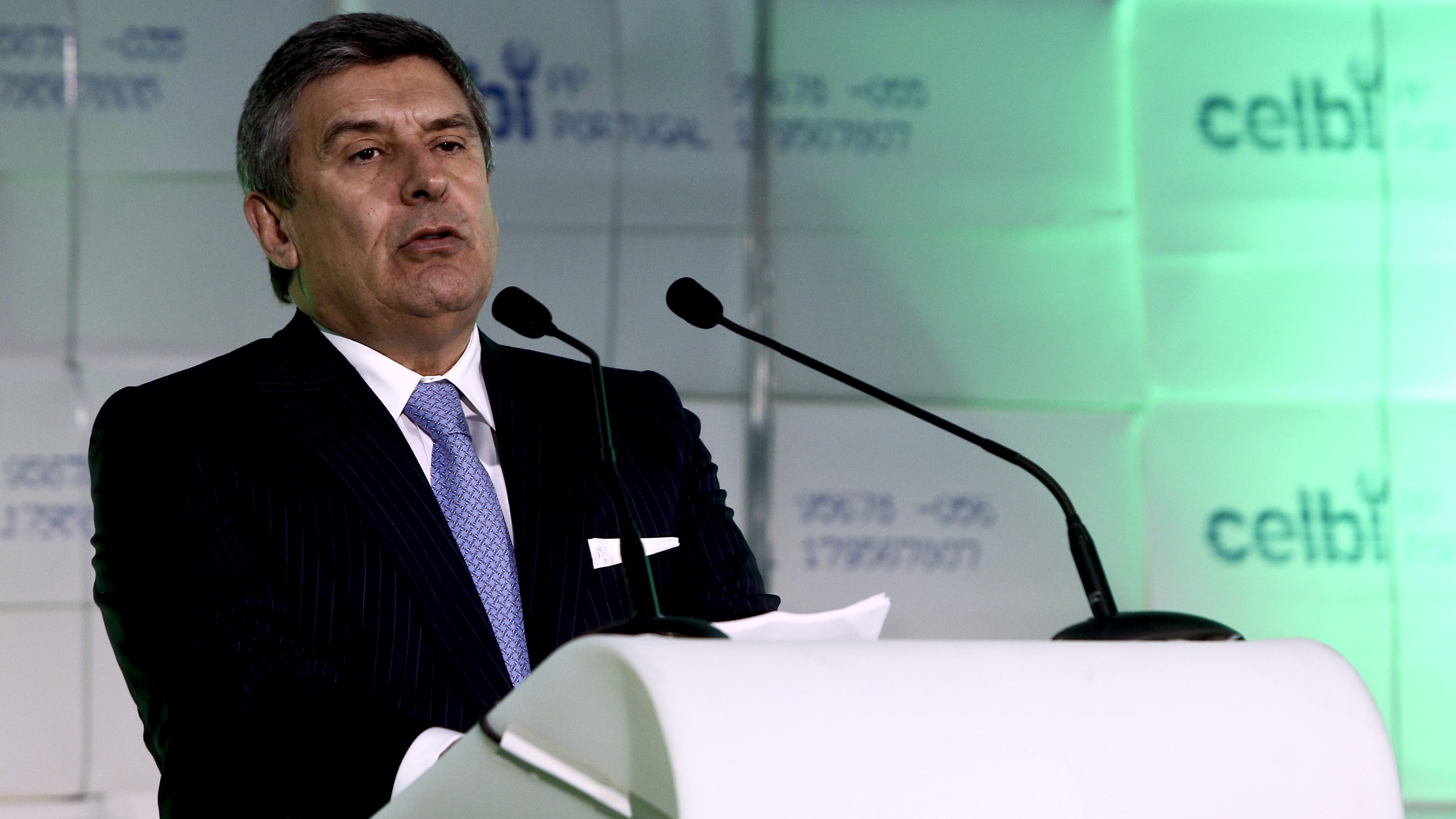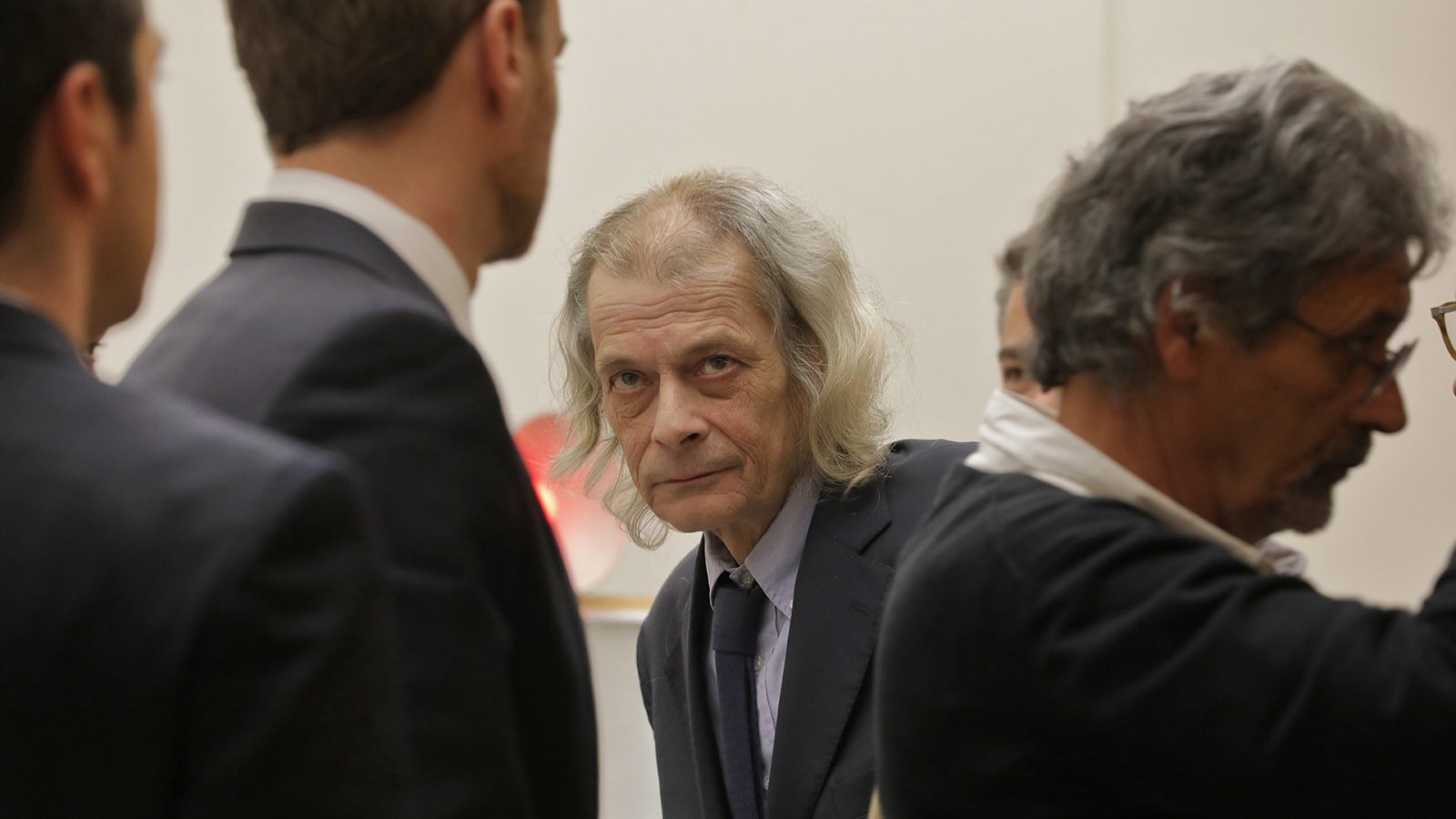Altri buys Swiss AeoniQ and sets up textile fibre factory in Constância
The agreement reinforces the group's commitment to sustainable textile fibres and provides for AeoniQ's first industrial unit to be built at the Caima fibre factory in Constância next year.
Altri has signed an agreement to acquire a majority stake in AeoniQ, a Swiss cleantech spin-off from HeiQ Materials AG, which it says marks “a decisive step in the sustainable textiles sector”. The Swiss company’s first industrial unit will be set up at the Caima fibre factory in Constância.
“Altri’s investment, including a capital increase, will make it possible to develop AeoniQ’s commercial-scale production capacity, reinforcing its strategic vision of diversification into high-value, low environmental impact cellulosic applications”, said a statement from the company led by José Soares de Pina.
AeoniQ explains that it has “developed the world’s first biodegradable cellulosic filament with a positive climate impact, designed to replace polyester and nylon”. And it points out that its platform is “set to transform the global textile industry by offering a totally circular, plastic-free alternative that replicates the performance of synthetic fibres — without their environmental impacts”.
As part of the agreement, the world’s first AeoniQ industrial unit will be built at Caima’s fibre plant in Constância. Construction is scheduled to begin next year, with an initial capacity of 1,750 tonnes per year. “In addition to the existing pilot lines in Austria, a pre-industrial unit will be launched in Portugal at the beginning of 2026 to accelerate prototypes, brand partnerships and capsule collections”, says the Portuguese company.
“The joint venture, branded “AeoniQ”, combines Altri’s industrial experience with HeiQ’s technological expertise”, says Altri. The project will benefit from the vertical integration of eucalyptus fibre up to the finished yarn, with the subsequent incorporation of recycled raw materials such as cotton textile waste, agricultural waste and bacterial cellulose derived from food waste.
Altri also points out that “AeoniQ cellulosic filaments are totally biodegradable in marine environments, in soil, in fresh water and industrial composting” and can be used “from lingerie and workwear to footwear, home textiles, medical clothing and car interiors”. This yarn has already been used in four Hugo Boss capsule collections and in Lameirinho’s vegan silk bed linen line, presented at Heimtextil 2025.
Altri also emphasises that the “AeoniQ joint venture is supported by major players in the textile value chain, such as the German fashion brand Hugo Boss and MAS Holdings, the largest technical clothing manufacturer in South Asia, who are co-investors, while the Lycra Company has acquired the exclusive distribution rights”. Other development partners include Riopele, Impetus, Lameirinho, Beste, Feinjersey, Taiana, Dolinschek, Aunde Group, Amman and Strahle + Hess.
“This agreement materialises Altri’s strategy of moving up the value chain and investing in new generation materials”, says José Soares de Pina, Altri’s CEO. “We are scaling a transformative innovation that aligns perfectly with our commitment to building a more renewable world”, he adds.
Completion of the acquisition is subject to certain conditions precedent being met, but the companies expect the process to be finalised during the second half of this year.
Founded in 2005 as a spin-off from the Federal Institute of Technology in Zurich, HeiQ is headquartered in Switzerland, has a team of 200 people and operates on five continents. It has already developed more than 200 patented technologies for sectors such as textiles, cosmetics, hygiene, batteries, building materials, among others.
With three factories and an annual production capacity of over 1.1 million tonnes, Altri is now expanding into the sustainable textiles sector. In May, the Portuguese company announced that it would convert its Vila Velha de Ródão factory to produce fibres for the textile industry, an investment of 75 million euros.

